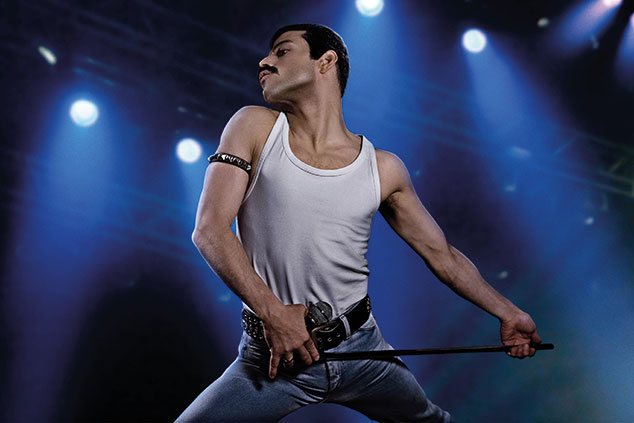
Controlling stakes in investment trusts provide a tax-efficient and convenient way for rich families to manage their wealth. Inevitably, the taxman and listing authorities have imposed increasingly tough rules to reduce tax avoidance and protect external investors, but a number of long-established family dominated trusts survive.
The advantage of investing alongside these families in the likes of RIT Capital, Hansa Trust and Caledonia Investments is that you have the protection not just of directors independent of the fund managers, but also of a large shareholder keeping a careful watch over, if not actively participating in, the affairs of the company.
The disadvantage is that the controlling shareholder may be so focused on the long term that they do not care about the discount of the share price to net asset value (NAV – the value of the underlying portfolio).
A long and varied past
The origins of these trusts can often be traced back to commercial enterprises, and so it is with Caledonia Investments (LSE: CLDN). The Cayzer family acquired control in 1951 and subsequently injected into it their stake in British & Commonwealth (B&C), which in the 1980s left behind shipping and airlines to expand aggressively into financial services. However, in 1988 the acquisition of Atlantic Computers drove the company into bankruptcy.
Although Caledonia had fortunately sold out of B&C the previous year when it was riding high, it then rather rested on its laurels, only becoming an investment trust some 15 years ago. The Cayzers own nearly half the company, but employ professional management, and the board is dominated by independent non-executive directors. The portfolio of nearly £1.9bn is divided into four pools. The largest is made up of ten private-equity investments accounting for 35% of the portfolio, followed by 27% in funds, three quarters of which are Asian and US PE funds. The 20 holdings in the quoted pool of “high-quality compounders” account for 21% and the 22 holdings in the income pool, with a target return of 7% including a 4.5% yield, comprise 12%. There is 5% in cash, partially counter-balancing £250m of borrowings.
There is a significant and growing focus on private equity, notably in investment-management companies. Caledonia backed Polar Capital from its foundation and, 12 years after its flotation, still has £34m invested, while £120m is invested in a controlling stake in the unquoted wealth manager Seven Investment Management. There are non-financial investments too. Just under £90m is invested in Buzz Bingo, £93m was invested in Cooke Optics last July (whose lenses were used to film Bohemian Rhapsody), and £167m in engine and generator manufacturer Deep Sea Electronics in October. Meanwhile, the recent sale of Choice Care for £99m looks sensible given the trouble faced by care-home operators.
Best-in-class performance
Performance, both in absolute terms and relative to the All-Share index, has been improving. After a dull five years it picked up markedly in 2013, and the return over the last five calendar years has been 60%, the best in the “flexible investment” sector (funds that invest across a range of assets). This is all the more impressive given that 34% of the portfolio is invested in the UK and just 26% in North America, where Caledonia has little private equity experience.
Despite the improving performance and strong momentum behind it, the shares trade on a discount to NAV of around 17% and yield 2%. It may take another century or two for the financial reputation of the Cayzers to catch up with that of the Rothschilds, but this discount looks unwarranted.